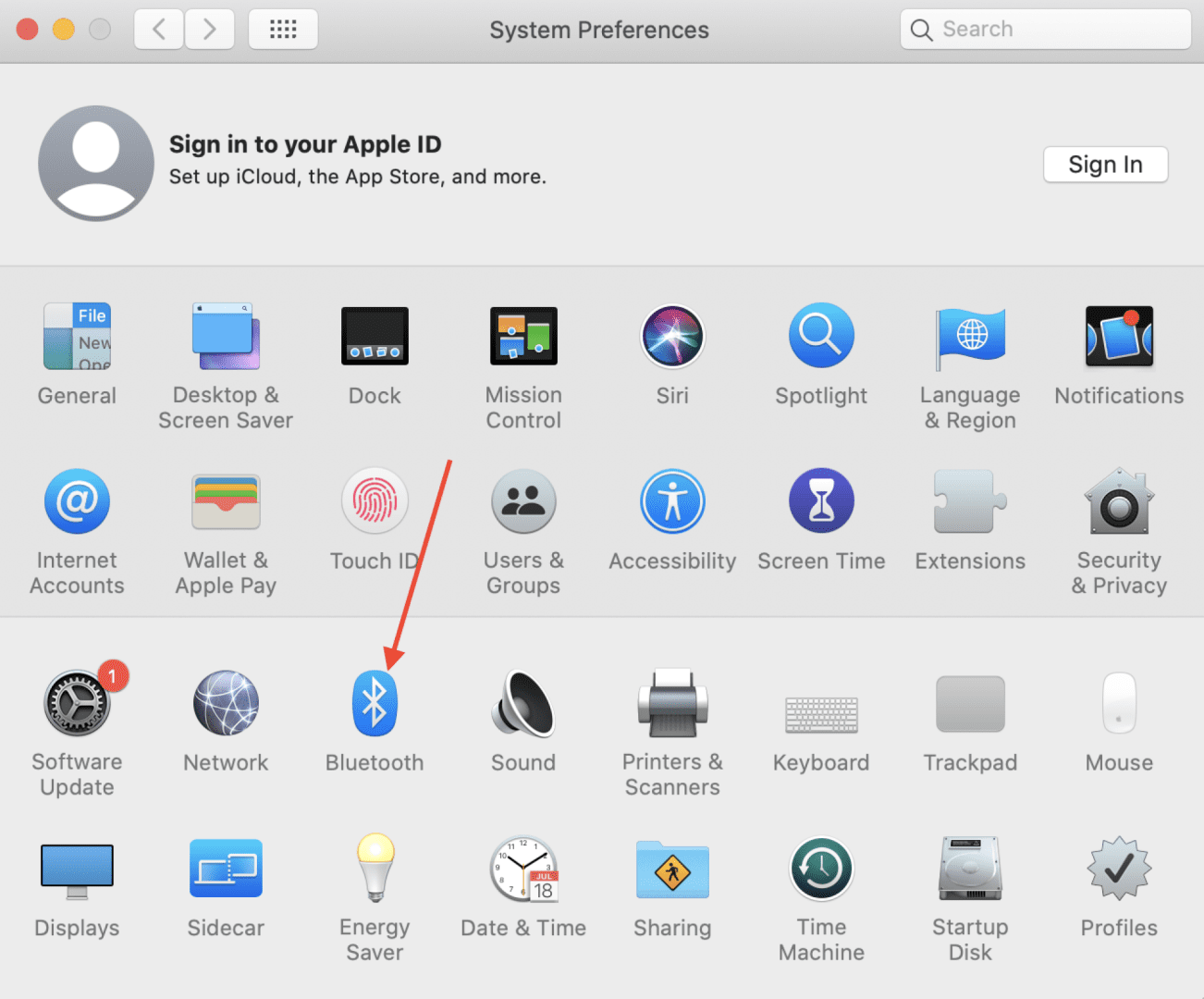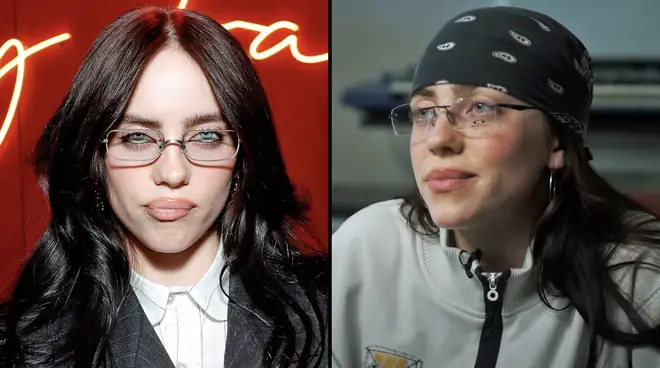Israel reportedly used facial recognition and Google Photos to carry out mass surveillance in Gaza
Israel deploys massive facial recognition program in Gaza, carrying out surveillance of Palestinians without their knowledge or consent, says new report technology/israel-facial-recognition-gaza.html” target=”_blank” title=”(opens in a new window)”>The New York Times. As the editor reports, speaking to Israeli intelligence officers, military officials and soldiers, the facial recognition program is run by the Israel Defense Forces […]

Israel deploys massive facial recognition program in Gaza, carrying out surveillance of Palestinians without their knowledge or consent, says new report technology/israel-facial-recognition-gaza.html” target=”_blank” title=”(opens in a new window)”>The New York Times.
As the editor reports, speaking to Israeli intelligence officers, military officials and soldiers, the facial recognition program is run by the Israel Defense Forces (IDF) Military Unit 8200, which “ collects and catalogs the faces of Palestinians. The program would use technology from Corsight, an Israeli facial recognition company that provides services to government agencies, law enforcement and businesses, alongside Google Photos.
X/Twitter allows hate speech between Israel and Gaza to spread, new study finds – and these users are the culprits
THE Times claims that this mass surveillance is deployed in Israel to identify Hamas members, following the October 7 attacks. The Israeli military also set up checkpoints – along the roads Palestinians use to flee the war – with facial recognition cameras, and soldiers used security camera footage and videos posted online by Hamas on social media, and also asked Palestinian prisoners to identify anyone affiliated with Hamas. .
Corsight technology, the Times reports, mistakenly identified several people, including Palestinian poet Mosab Abu Toha, as he attempted to leave Gaza amid the war. The program reportedly flagged Abu Toha as a wanted individual, leading to his arrest at a military checkpoint, after which Israeli soldiers held him in a detention center where he was beaten and interrogated. for two days. Israeli intelligence agents told the Times that their guidelines for who to stop at these checkpoints were “intentionally broad.”
Google Photos was allegedly used in tandem with Corsight’s technology, with intelligence agents uploading photographs of “known people” and using the platform’s search function to identify people. An officer told the Times that this feature is effective in identifying a person even when a small part of their face is visible.
The official union of Alphabet, Google’s parent company, condemned Google’s role in surveillance of Palestinians following the Times’ investigation. “Google Photos should not be available for this,” reads the union’s post on X. “That’s not what we built these tools for.”
The tweet may have been deleted
Corsight, headquartered in Tel Aviv, complaints that less than 50 percent of a person’s face must be visible in order to correctly identify an individual. In October, Forbes reported that Corsight was used by hospitals in Israel to identify patients after the attacks. The company then provided its technology for free. Robert Watts, President and Chief Strategy Officer of Corsight, posted about the ongoing war on LinkedIn: in one case, write“I support Israel in expelling the terrorist threat.”
Mashable contacted Google and Corsight. Corsight declined to comment when contacted.
Israel has previously used facial recognition in the West Bank and East Jerusalem, with a report from Amnesty International of May 2023, emphasizing that the technology is used “to consolidate existing practices of discriminatory policing, segregation and restriction of freedom of movement, violating the fundamental rights of Palestinians.”
Three of the people who spoke to Timesspeaking on condition of anonymity, said he was doing so because he was concerned that the facial recognition program was a poor use of time and resources.
The ongoing war has resulted in an unprecedented humanitarian crisis in Gazawith more than 32,000 Palestinians killed since Israel launched its military offensive. On March 26, the UN called for an immediate ceasefire in the region for the first time since the start of the war.














